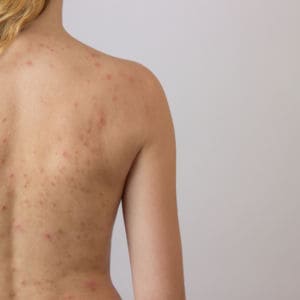We know sunbeds and sunbathing are bad news when it comes to increasing our chances of developing skin cancer, but what about the UV lamps used for gel manicures? Daniela Morosini asked me this very question for her recent article in Refinery29 and it turns out the answer isn’t as simple as you might think. My round up of the current evidence is summarised below and a link to the full article in Refinery29 is available here.
Whilst there is no doubt that tanning beds increase the risk of skin cancer, current evidence on the carcinogenic risk of UV nail lamps is variable and controversial.
Some studies suggest that the risk is clinically significant and there have been a small number of case reports linking the use of UV nail lamps to the development of skin cancer on the hand, whilst other studies have concluded that the exposure risk is negligible and that thousands of individuals would need to use one of these lamps regularly for one to develop a squamous cell carcinoma (a type of skin cancer) on the back of the hand.
One of the challenges in quantifying the true risk of UV nail lamps is that research is still very limited on the subject. Even then, some of the existing data suggesting that they are safe to use was conducted by those with a commercial interest in nail products, introducing potential bias when interpreting the outcomes. A further challenge is that there are a multitude of different brands using different types of bulbs.
The bottom line is that we don’t yet know for sure whether exposure from typical use of these lamps, for example less than 5 minutes twice per month, does actually increase the risk of skin cancer and until then caution must be advised. Whilst there is no UK guidance so far, the Skin Cancer Foundation in the USA and the American Academy of Dermatology recommend that prior to a gel manicure, clients should apply a broad-spectrum sunscreen to the hands.
Given their widespread use, further research is urgently required so that doctors can advise members of the public accurately.
© 2018 Dr Justine Kluk. Any redistribution or reproduction of part or all of the contents of this post in any form is prohibited. You may not, except with our express written permission, copy, distribute or commercially exploit the content. Nor may you transmit it or store it in any other website or other form of electronic retrieval system.






